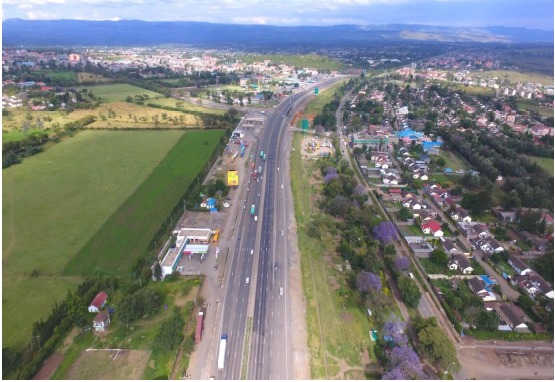The Motorists Association of Kenya (MAK) has urged the Ministry of Transport to conduct a comprehensive feasibility study before proceeding with the Kiambu Road expansion project. In a statement released on Tuesday, November 11, the association emphasized the need for a detailed environmental impact assessment, a socio-economic audit, and a public engagement forum.
The motorists cautioned against using the project as a political tool ahead of the 2027 elections, noting that infrastructure promises during election seasons often prioritize optics over real impact. “It should not be a rushed political report. Not a pre-election spectacle. Election seasons usually come with cosmetic promises, fresh paint on neglected roads, and quick wins for political optics,” the statement read.
MAK further highlighted the importance of transparency for affected residents, stating, “Kiambu Road users have a right to understand what will be taken, what will be relocated, and what impact will follow them for decades.”
While commending the government’s initiative, the association warned that such road projects carry significant social, economic, and environmental consequences that must be carefully analyzed. The association stressed that Kiambu Road’s real need extends beyond asphalt expansion. They advocated for a modern public transport system to replace chaotic matatus with clean, predictable buses operating on dedicated lanes.
The motorists’ statement coincides with the Cabinet’s approval to dual the 23.5-kilometre Muthaiga–Kiambu–Ndumberi road. The project aims to ease traffic congestion and improve mobility between Nairobi and Kiambu counties. The planned expansion will convert the existing two-lane highway into a dual carriageway, featuring bypasses, loops, and access roads to increase capacity and reduce travel times.
Additionally, the upgraded road will include non-motorized transport lanes and commuter facilities to improve safety and accessibility for pedestrians and cyclists. The expansion aligns with Kenya’s Vision 2030 and the United Nations Sustainable Development Goals for infrastructure and sustainable mobility.
MAK’s call highlights the need for thorough planning, public consultation, and careful consideration of long-term impacts before major infrastructure projects are implemented.

